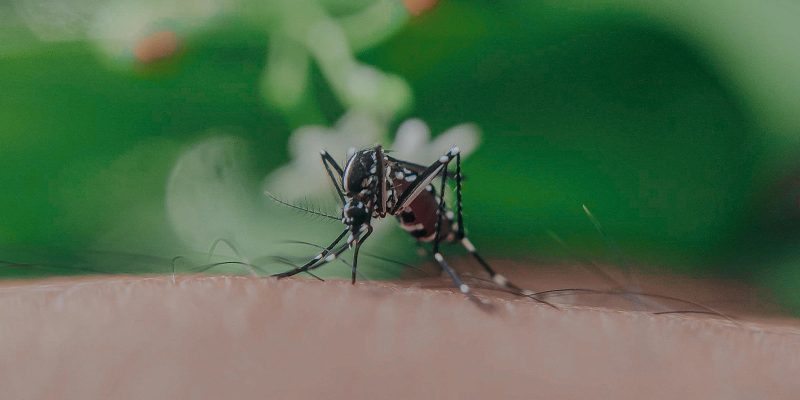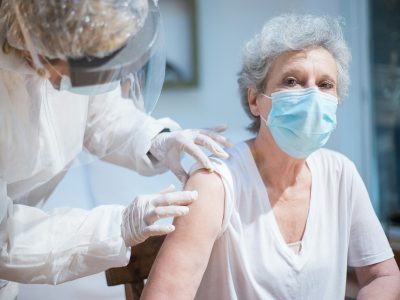Introduction
Despite being one of the most common nuisances, almost everyone here has suffered from mosquito bites. But for some these bites can result in more serious reactions. Now this is where the big difference between a regular mosquito bite and Skeeter Syndrome comes into play. To aid you in managing symptoms and getting the appropriate treatment, knowing the differences could help.
Understanding Mosquito Bites
For the vast majority of people mosquito bites are minor nuisances. Normally when a mosquito bites it cause a little itchy bump, this reaction is caused by the body’s response to proteins in the mosquito saliva. Histamines are released by the immune system, which causes itching and minor swelling. However, these symptoms are often not severe and resolve on their own in a few days without the need for medical attention.
What is Skeeter Syndrome?
Skeeter Syndrome is a severe type of allergy to mosquito bites. This happens when the process of attacking the proteins in the mosquito’s saliva is overreacted to by the immune system. The symptoms can be more severe and last longer than with a normal bite. For children in particular, it can be especially concerning, as their immune systems may be more reactive.
Symptoms of Skeeter Syndrome:
- Skeeter Syndrome Symptoms are very different from a normal mosquito bite.
- Some people will have significant swelling that goes beyond the site of the bite. The skin in the area may become red and feel warm to the touch.
- Blistering or bruising may occur around the bite in some people. These signs can be accompanied by fever and fatigue in some cases, where a more systemic response occurs.
Causes of the Reaction:
- The central reason behind Skeeter Syndrome is the body’s immune response.
- Some individuals are more sensitive to the proteins in mosquito saliva.
- This sensitivity results in a more vigorous release of histamine and other substances that cause inflammation, which leads to severe itching, swelling, and other symptoms of the syndrome.
Identifying Normal Bites:
- For most types of mosquito bites, however, it is a little less high drama. This causes small itchy welts, which do not spread beyond the site of the bite.
- Although the itching is annoying, it’s usually reduced over time, unlike systemic signs such as fever or lethargy, which are rare in normal bites.
- The other factor is that the symptom severity differences between the two conditions are significant.
Treatment Options:
- Since typical mosquito bites are easily handled with home treatment, you can sometimes find an antihistamine in ointment form over the counter to relieve itching and swelling.
- An ice pack is also helpful in relieving the sensation. To help prevent infection, make sure the area remains clean and avoid scratching.
- Skeeter Syndrome may require additional effort to treat. Oral antihistamines will help control the allergy.
- For some, over-the-counter steroids or hydrocortisone will simply not work, and that is when a health care provider may prescribe corticosteroid creams or oral steroids to decrease the inflammation.
- It is important to seek medical advice when symptoms worsen or are associated with signs of infection.
Prevention Strategies:
While avoiding mosquito bites is great for anyone, it is most critical for those at risk of Skeeter Syndrome. Use long sleeves and pants to cover as much of the skin as possible. Another good idea is using insect repellent to sprayed on the skin that is exposed. Proper screening of living areas and eliminating any standing water will also reduce mosquito numbers.
When to Seek Medical Help:
Most mosquito bites do not require medical treatment, but there are certain circumstances in which medical advice should be sought. Seek medical attention if a bite is accompanied by too much swelling and/or blistering, or if you have any systemic symptoms such as fever. By giving prompt attention, complications can be avoided, treatment is done appropriately and timely.
Conclusion
Understand the difference between a regular mosquito bite and Skeeter Syndrome to manage the condition properly. Even if most of them are simple to deal with, hypersensitive people need to take care. Having knowledge regarding the symptoms and treatments can assist in staying comfortable and healthy. However, with some precautions, you can minimise the risk of a serious reaction.













Comments